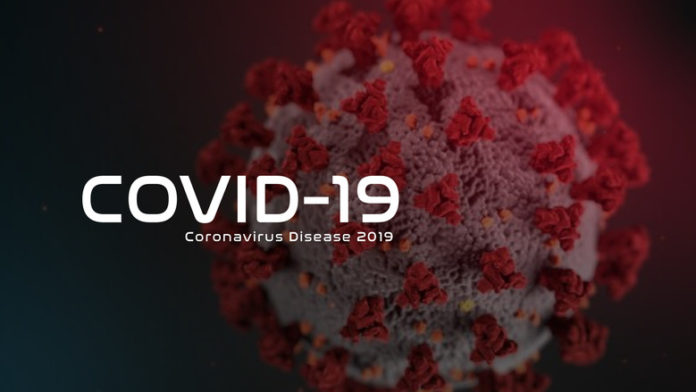
With the announcement of a national state of disaster and a rising number of cases of COVID-19, the South African government has urged South Africans to take precautions against further Covid-19 infections. One of the biggest issues stemming from the virus, besides the obvious spread, is the misinformation. The Daily Vox team has rounded up some of the biggest myths associated with the novel coronavirus.
Myth: It’s just like the common flu
Truth: COVID-19 is not just like the common flu. Some of the symptoms like the aches and pains, sore throat, fever may feel similar. But the novel coronavirus is not the same as the seasonal flu. The virus has a much higher death rate than the flu. It also has a higher reproduction of infection rate than the flu.
Myth: Taking a hot bath prevents COVID-19
Truth: Taking a hot bath or shower will not prevent a person from catching the virus. A person’s normal body temperature is around 36.5 degrees celsius to 37 degrees celsius and it remains this regardless of the temperature of the water. Taking a bath with extremely hot water can actually be harmful and burn you. The best way to prevent infection is to wash your hands frequently with water and soap.
Myth: Spraying alcohol or chlorine all over your body kills COVID-19
Truth: Spraying alcohol or chlorine all over your body will not kill viruses that have already entered your body. Those substances are actually harmful to clothes and mucous membranes. While disinfecting surfaces like mobile phones and computers are necessary and useful, these substances need to be used with the appropriate recommendations.
Myth: Hand dryers effective in killing COVID-19
Truth: Hand dryers will not kill the COVID-19 virus. The best way to protect yourself against the virus is to wash your hands with water and soap or an alcohol-based sanitise for approximately 20 seconds. Once your hands are washed, they should be dried using disposable paper towels and a warm air dryer.
Myth: COVID-19 only affects older people
Truth: People of all ages can be infected with the virus. Older people and people with immuno-compromised systems are more vulnerable and could become severely ill. However, younger people are still susceptible to being infected and more so passing on the infection to vulnerable people. People of all ages should take the necessary steps to protect themselves.
Myth: COVID-19 can be transmitted through goods manufactured in China or any country reporting COVID-19 cases.
Truth: While the virus can stay on surfaces for a few hours or several days, it is very unlikely that the virus will stay on surfaces after being moved, travelled, and exposed to different conditions and temperatures. However, to keep safe and prevent infections, surfaces should be disinfected. Once the surface has been disinfected, your own hands should be cleaned with an alcohol-based hand rub or washed them with soap and water.
Myth: Thermal scanners are effective in detecting people infected with COVID-19
Truth: The scanners will help in detecting people who have developed a fever. This means they will have a higher than normal body temperature because of the infection with COVID-19. However, the infection will not be able to detect people who are infected but are not yet sick with fever. The virus takes a few days before infected people become sick with a fever.
Myth: There any specific medicines to prevent or treat COVID-19
Truth: There is no specific medicine or vaccination to prevent or treat the virus. This does not mean there is no medical care available for people who are infected. People who are infected should seek medical care which will relieve the symptoms. The World Health Organisation is working to accelerate research into specific treatments
PSA: While there is a lot of information out there on the internet and other platforms regarding the virus, it’s important to seek credible information. Organisations like the WHO and the National Institute for Communicable Diseases (NICD) in South Africa is the best place to get information.
Stay safe, practise social distancing and wash your hands.








